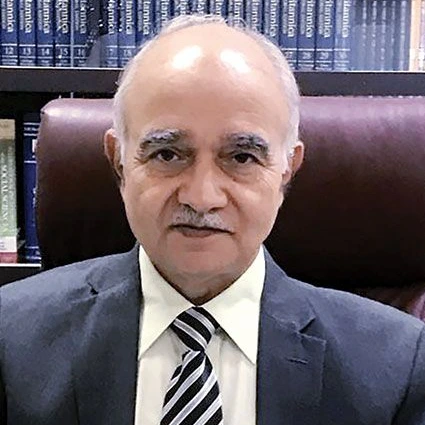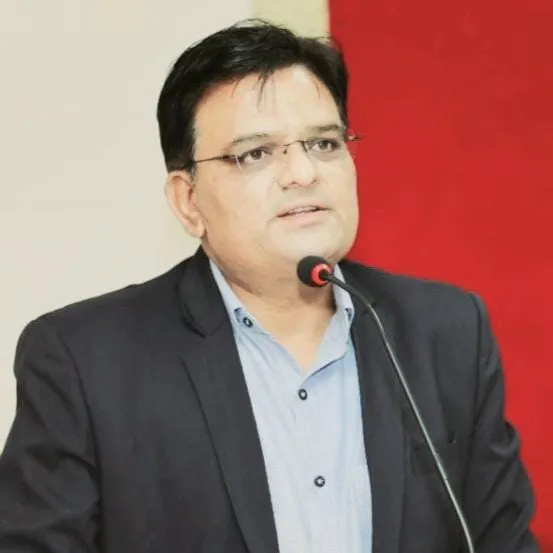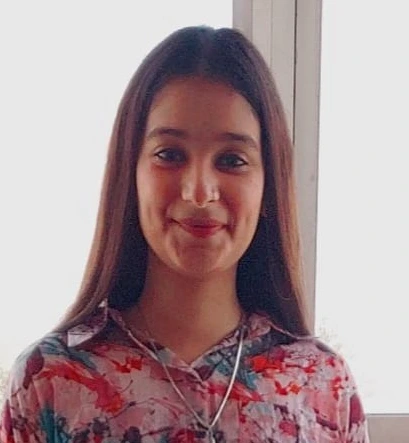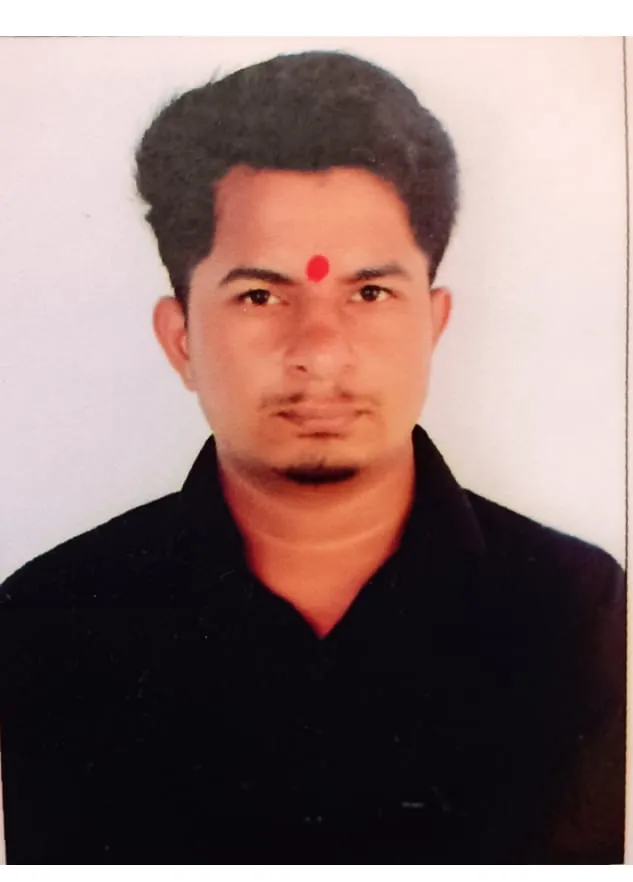The National Education Policy (NEP) 2020 underscores the need for motivated, energized, and capable faculty in Higher Education. The capacity building for teachers at all levels is a key focus of the policy. Existing mechanisms, namely UGC-Human Resource Development Centres (HRDCs) and Pandit Madan Mohan Malaviya National Mission on Teachers and Teaching Centres (PMMMNMTT), have significantly contributed to training faculty. However, continuous professional development is essential due to the dynamic nature of teaching and learning. Hence, the Malaviya Mission Teacher Training Programme(MMTTP) has been re-envisioned by restructuring existing mechanisms to enhance the capacity and training of teachers/faculty. The mission aims to transform higher education by integrating Indian values and ethos into teaching, research, publications, patents, and institutional development.

Hon'ble Vice-Chancellor (I/C)
Prof. Atanu Bhattacharya

Programme Director
Prof. H B Patel
Background of MMTTP
The Ministry of Education (MoE) seeks to strengthen synergy and integration between HRDCs and PMMMNMTT Centres to align with NEP 2020 objectives. The scheme establishes 150 Malaviya Mission Teacher Training Centres (MMTTCs). The scheme aims to implement NEP recommendations, focusing on quality teaching, equity, online education, technology use, Indian language promotion, vocational education, and multidisciplinary education.
Vision of MMTTP
To build competencies in faculty for better teaching, learning, research and academic leadership by aligning them with Indian values and updating their knowledge and skills according to the needs of society and NEP 2020.
Objectives of MMTTP
The salient objectives of the scheme in alignment with NEP 2020 are:
- Achieving full human potential, developing an equitable and just society, and promoting national development.
- Improving the quality of Education at all levels by infusing quality and excellence in our teachers, students and teaching-learning.
- To ensure holistic development of the teachers and learners with inculcation of ethics, and human values as enshrined in Indian culture and familiarize them with the Indian Knowledge System (Bharatiya Gyan Parampara.).
- To build respect for the biodiversity and adopt Sustainability for life.
- To ensure the role of faculty as active participants in institution and nation building.
- To empower Faculty members as lifelong learners through continuous professional development.
Proposed Outcome of MMTTP
- All Faculty members will get sensitized and oriented on NEP 2020 to make India global knowledge superpower by imparting holistic education, imbibing the ideals of Bhartiya-centric ethics and human values.
- Teachers and Learners will acquire the concept of the Indian Knowledge Systems (Bharatiya Gyan Parampara), integrate in the curriculum and apply it in real life for the advancement and creation of knowledge including in Bharatiya Languages.
- The learners will develop 21st Century skills and become reflective practitioners to innovatively generate and apply ideas respecting biodiversity and sustainability.
- The learners shall conduct quality research to solve contemporary problems through innovation and entrepreneurship.
- The learners will develop the capacity to integrate ICT tools into the learning process and become lifelong self-motivated learners.
- The faculty will contribute to institution, society and nation building.
The Programmes shall be designed in a manner that the attendee teachers shall be inspired and motivated to do things better through understanding of NEP 2020 both in the formal as well as informal mode of the Programme. Lot of innovation and usage of local resources are possible for this purpose using the flexible offering. The trainee teachers may also be given reading material and links to videos in advance and lot of hands-on activities will be conducted during the Programme.



